Ensuring Good Nutrition and Hydration for the Elderly
Good nutrition and adequate hydration are vital for our health and well-being, all the more so for the elderly. If you are caring for an elderly person, you know that this can come with its challenges. Dietary restrictions, allergies, personal preferences – so many factors to consider.
At Jah-Jireh, our staff are trained with the goal of providing safe, nutritious, and timely delivery of food and hydration for our residents. We thought we could share some of what we are taught with you, so you could benefit too.



What is Involved in Good Nutrition?
The importance of good nutrition cannot be overemphasised, especially in the elderly. As people get older, their sensitivity to taste reduces. This can take away gratification from eating. Their desire to eat can also be affected by depression, loneliness, or isolation. This could mean that even with plenty of food available to them, they could be malnourished. Or worse still, what they eat might actually be damaging their health even more! What can we do to avoid this? First, let’s see what good nutrition means.
Good Nutrition includes much more than fulfilling our hunger. An Awake article puts it well:
“How do you choose your food? When you buy food, what factors influence you? Is it fancy packaging? Price? Ease of preparation? Persuasive claims in advertisements? Or just the way the food looks and tastes? Making the right choices may determine whether you eat nutritious food or junk food, whether your health is improved or damaged.”
Standard 8 of the Care Certificate on Fluids and Nutrition adds another element to consider in Nutrition:
“What we eat is vital to our health and wellbeing and how we look, feel and function. It is important that people have a diet that is safe to eat and has all the nutrients they need. Food safety is essential when preparing and handling food.”
What is Involved in Adequate Hydration?
Hydration is replenishing a lack of water in the body. Staying hydrated is crucial to good health and helps manage body temperature and bodily functions. Dehydration has a grievous impact on health and well-being, followed by functional and long-term health problems, notably in older people.
The main problem in assessing the hydration status of older ones is that many of them don't realise they are dehydrated. Other physical illnesses that affect how much water an elderly person consumes are arthritis, poor mobility, sight loss, dementia, and swallowing difficulties.
Recognising Signs of Malnutrition and Dehydration
If you recognise any of these symptoms in the elderly ones you care for, it is important to contact a healthcare service provider immediately.
Signs of Malnutrition:
Muscle Weakness
Increased Infections
Fatigue
Constipation
Lack of Energy
Gaining/Losing Weight
Depression
Poor Wound Healing
Signs of Dehydration:
Feeling Thirsty
Fever
Dryness of Skin and Eyes
Headaches
Fatigue
Dry Sunken Eyes
Hypotension
Agitation
How We Ensure Good Nutrition and Hydration in Jah-Jireh
Our elderly residents are very precious to us, and our staff works very hard in trying to ensure that their nutrition and hydration needs are adequately provided for. Though this involves many hours of planning and work, we have condensed it into five main things that we at Jah-Jireh do to ensure good nutrition and hydration in our homes:
Provide a healthy balanced diet. To help with this, the Eatwell Plate has been developed by Public Health England and “shows the five main food groups and the proportions of each food group recommended as part of a daily healthy diet.” It is the model we use to ensure that all our residents have the nutrients they need.
Incorporate the specifics of what each resident needs in terms of nutrition and care in their Plan of Care, including allergies, personal preferences, and dietary restrictions.
Knowing that the elderly might often forget to eat or drink, we ensure that reminders are set periodically.
Adapted cutlery including shaped and padded handles, two-handled mugs, one-way straws, and non-slip mats are provided to compensate for poor grip.
Keeping fluids ready and within easy reach goes a long way in ensuring that they are adequately hydrated.
Members of our staff are provided regular training on the principles outlined in the Care Certificate, which is
“an identified set of standards that health and social care workers adhere to in their daily working life. Designed with the non-regulated workforce 1 in mind, the Care Certificate gives everyone the confidence that these workers have the same introductory skills, knowledge and behaviours to provide compassionate, safe and high quality care and support.”
As carers, we receive such invaluable training on many aspects of elderly care, which help us look after these precious ones better. Caring for those who have cared for us before, many of them pioneers and overseers who have helped countless brothers and sisters is a blessing beyond compare. If you want to join our team, we would love to have you with us! Here are some details of our current paid positions: https://www.jah-jireh.org/jobs
We Commend You
If you are caring for elderly ones at home, we commend your efforts. We hope these pointers have helped you as much as it helps us. As a summary, here are a few things that can help ensure good nutrition and hydration for the elderly.














